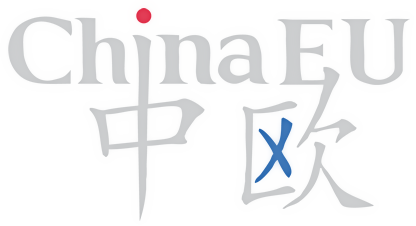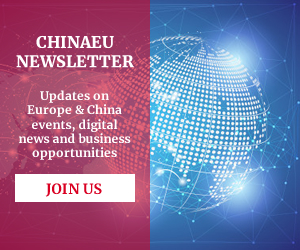Fear of China makes for poor policy
By Luigi Gambardella, President of ChinaEU (China Daily Europe)
Denying market economy status to Beijing would be a strong political signal from the EU and might have some negative effects.It seems that in Europe, the debate over granting China market economy status is not hitting the spot. Semantics are often the cause of misunderstandings, and also in this debate.
Whether China has now become a market economy is irrelevant because market economy and compliance with the World Trade Organization agreement are two different things. The ongoing debate is about the interpretation of Paragraph 15 of China’s accession protocol to the WTO. This paragraph relates to the technicalities of investigating anti-dumping claims.
Dumping is normally the result of state interference in economic operations, or of protection or lack of competition in the exporting countries’ markets, allowing local producers to charge artificially high prices in their home market and subsequently use the profits from such activities to “subsidize” exports at prices below real market costs.
When China joined the WTO in 2001, it agreed to a 15-year transitional period, during which other WTO members were allowed to use the “nonmarket economy methodology” when investigating anti-dumping claims.
Under this methodology, the trade officials of the EU Commission are entitled to estimate by analogy the domestic production cost and prices of export products, instead of basing their investigation on domestic market prices. The Chinese government argues that when the transitional period ends on Dec 11, trade officials from the commission will no longer be entitled to apply the nonmarket economy methodology.
Conversely, some lawyers argue that until the other WTO members grant market economy status to China in their national legislation, their anti-dumping investigators can continue to use the nonmarket economy methodology. That is, in a nutshell, what the whole market economy status debate is about.
The interpretation of the WTO agreement could be tested in a dispute settlement procedure. But is this advisable? Let us not forget the political and symbolic dimensions of the debate. According to China’s mission to the EU, already 88 countries including New Zealand, Australia, Peru, Chile and ASEAN countries gave China early recognition of market economy status. Their choice was primarily dictated by political reasons, including the conclusion of free trade agreements.
To deny market economy status to China would be a rather strong political signal from the EU and may well cause the deterioration of the warming political relationship between the two economies. In the short term, there are concrete risks of retaliation from the Chinese side, causing the EU economies serious pain and uncertainty on what will be the end result.
It could threaten the positive outcome of the ongoing negotiations for the bilateral investment treaty and the potential to conclude an FTA between China and the EU, which according to commission estimates could raise European prosperity by 250 billion euros ($281 billion). Moreover China is the first, and only, non-EU country that has so far generously committed to invest in the European Commission’s Investment Plan for Europe, known as the Juncker Plan.
Closing the door to China may thus have very negative effects.
As the saying goes, the best way to win a dispute is to avoid it. A wise decision would be to adopt a forward-looking political approach, whereby granting market economy status could be used by the European institutions to strengthen the bilateral dialogue with the Chinese in support of facilitating the business activities of EU companies in China.One of the main drivers of the market economy status debate is the fear of job losses in Europe’s less-competitive manufacturing industries. It is, however, time for the EU to reflect on why its ability to compete with other economies is getting worse in many sectors. One of the reasons no doubt lies in EU overregulation that hampers the overall industrial ability to innovate and invest.
The EU could face negotiations in a stronger position when it comes to defend its industry and the jobs of European citizens: there would probably be fewer dumping disputes if European governments would proceed with the necessary structural reforms and if market players could enjoy better competitive conditions.
With China, what is needed is more dialogue not less. We need to find win-win solutions rather than to start a new fight. Today, the keyword is cooperation. History has demonstrated that dialogue and cooperation, not conflict, are able to overcome misunderstandings and reduce distances.
Europe must not to be afraid of China. Fear is a bad adviser. China and Europe should work together more closely in the future and on the future. The cooperation with China on digital, 5G and Industry 4.0, or the fourth industrial revolution, will be crucial if we want to keep a competitive, strong and solid European industry.
*Luigi Gambardella, President of ChinaEU

